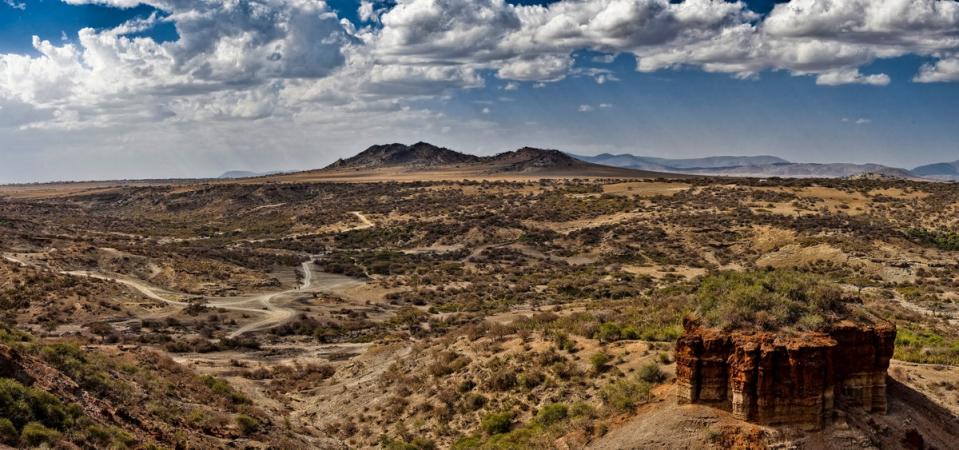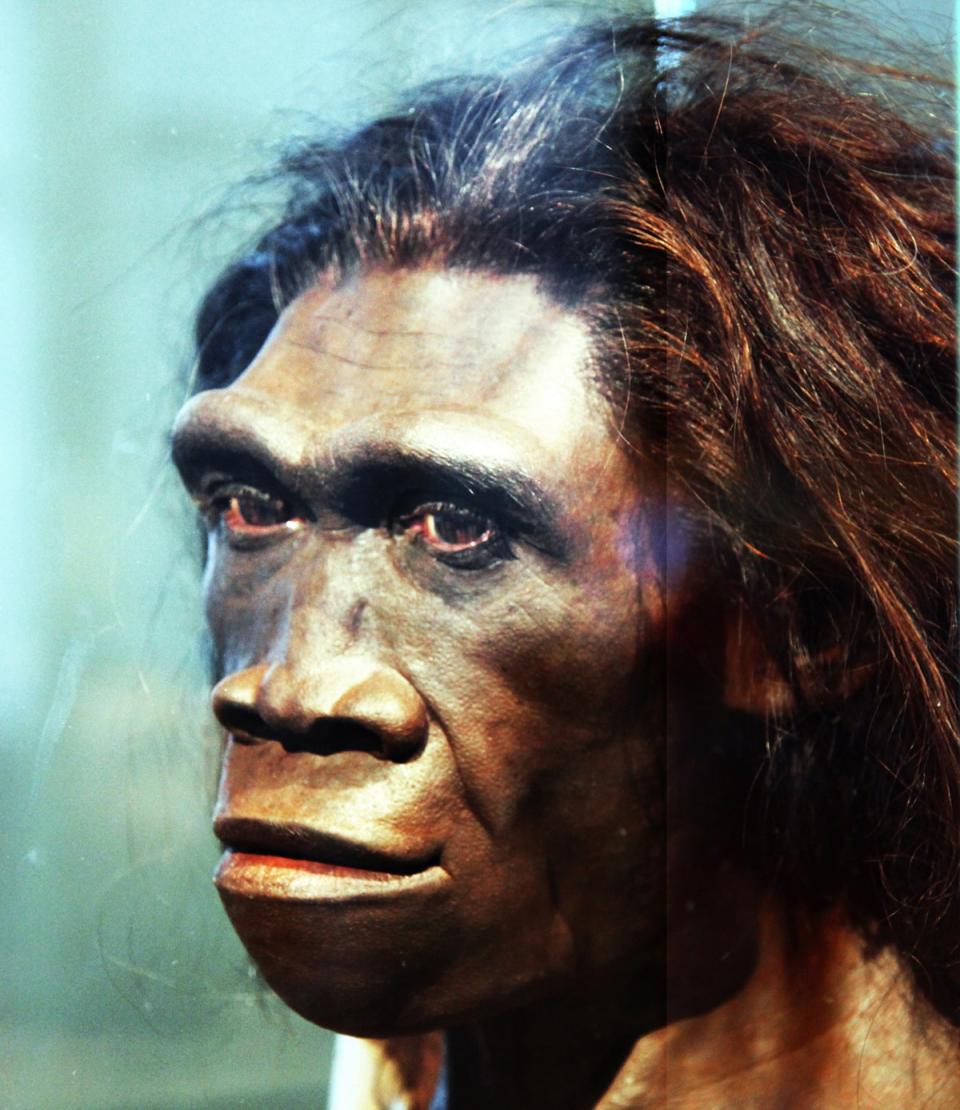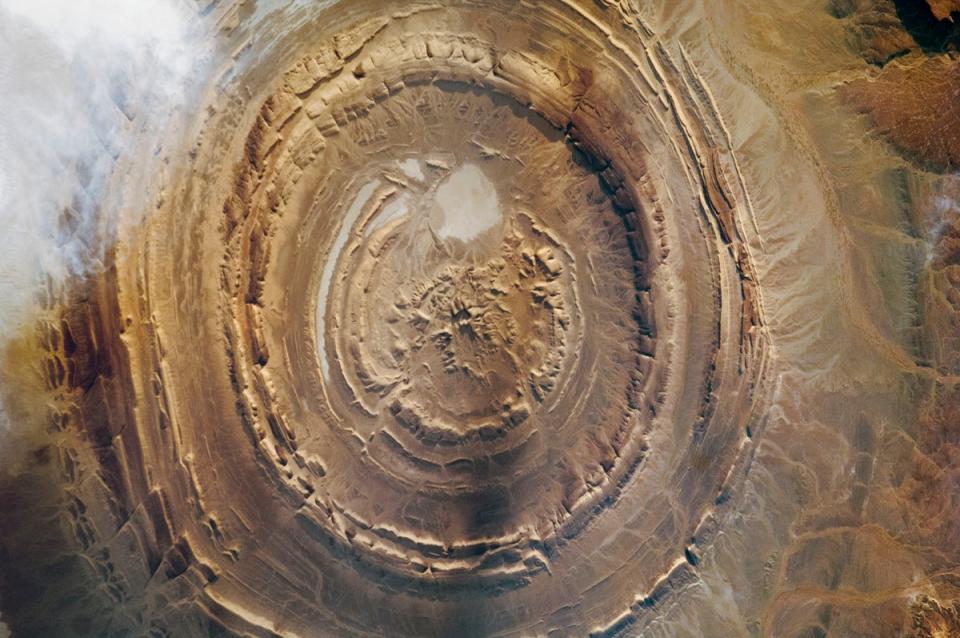New research has pinpointed the likely time when humans first began speaking in prehistory.
Analysis by British archaeologist Steven Mithen suggests that early humans first developed primitive language about 1.6 million years ago, somewhere in eastern or southern Africa.
“Humanity’s development of speech was undoubtedly the key to enabling much of later physical and cultural evolution. Professor of early prehistory at the University of Reading, Dr. “This is why dating the emergence of the earliest forms of language is so important,” Mithen said.
Until recently, most human evolution experts thought that humans only began talking about 200,000 years ago. Professor Mithen’s new research, published this month, suggests that primitive human language is at least eight times older. His analysis is based on a detailed study of all available archaeological, paleo-anatomical, genetic, neurological and linguistic evidence.
Taken together, all evidence suggests that the emergence of language occurred as part of human evolution and other developments between two and 1.5 million years ago.
The size of the human brain increased particularly rapidly after 2 million BC and especially after 1.5 million BC. In conjunction with this increase in brain size, a reorganization of the brain’s internal structure also occurred; including the first appearance of the frontal lobe area, which is specifically associated with language production and language comprehension. This area, known to scientists as Broca’s area, appears to have evolved from earlier structures responsible for early humanity’s ability to communicate with hand and arm movements.

New scientific research suggests that the emergence of Broca’s area is also linked to improvements in working memory, a crucial factor for sentence formation. But other evolutionary developments were also crucial to the emergence of primitive language. The emergence of a more advanced form of bipedalism about 1.8 million years ago, together with changes in the shape of the human skull, almost certainly changed the shape and position of the vocal tract, initiating the process that made speech possible.
Other important evidence comes from the archaeological record that points to around 1.6 million BC as the approximate date when humans began speaking. Compared to most other animals, humans were not very strong. They had to compensate for this relative physical weakness to survive and thrive.


From an evolutionary perspective, language was almost certainly part of this physical strength compensation strategy. To hunt large animals (or to repel physically powerful animal rivals while scavenging), early humans needed greater group planning and coordination abilities; The development of language could have been crucial in facilitating this. From a historical perspective, human hunting appears to have begun about two million years ago, but accelerated significantly around 1.5 million years ago. Around 1.6 million BC also saw the emergence and intergenerational cultural transmission of much more complex stone tool technology. The long-term transmission of complex knowledge and skills from generation to generation also strongly implies the existence of speech.
Moreover, linguistic communication was likely crucial in allowing humans to survive in different ecological and climatic zones; It is probably no coincidence that humans were able to greatly accelerate their colonization of the world around 1.4 million years ago, probably shortly after their emergence. birth of language. Language enabled humans to do three important things going forward: conceive and plan future actions, and transfer knowledge.
“This is how language has so profoundly changed the story of humanity,” Professor Mithen said. His new research, summarized in a new book, Language PuzzleThe study, published this month, suggests that around 1.6 million years ago, humans had a much more limited ability to communicate; probably a few dozen different sounds and arm movements that can only be used in certain contexts and are therefore unusable. for forward planning. Basic grammar and individual words were needed for planning.


Professor Mithen’s research also suggests that there is some continuity between very ancient human languages and modern languages. He believes that some remarkable aspects of early linguistic development 1.6 million years ago still persist in modern languages today. He suggests that words that described the objects they represented, through their sound or length, were almost certainly among the first words spoken by early humans.
In fact, future research may succeed in tentatively recreating the possible organization and structure of these early languages. Although the birth of language appears to have occurred approximately 1.6 million years ago, this birth represented the beginning, not the culmination, of linguistic development.
Over hundreds of thousands of years, language gradually became more complex, eventually gaining sophistication after the emergence of anatomically modern humans 150,000 years ago.